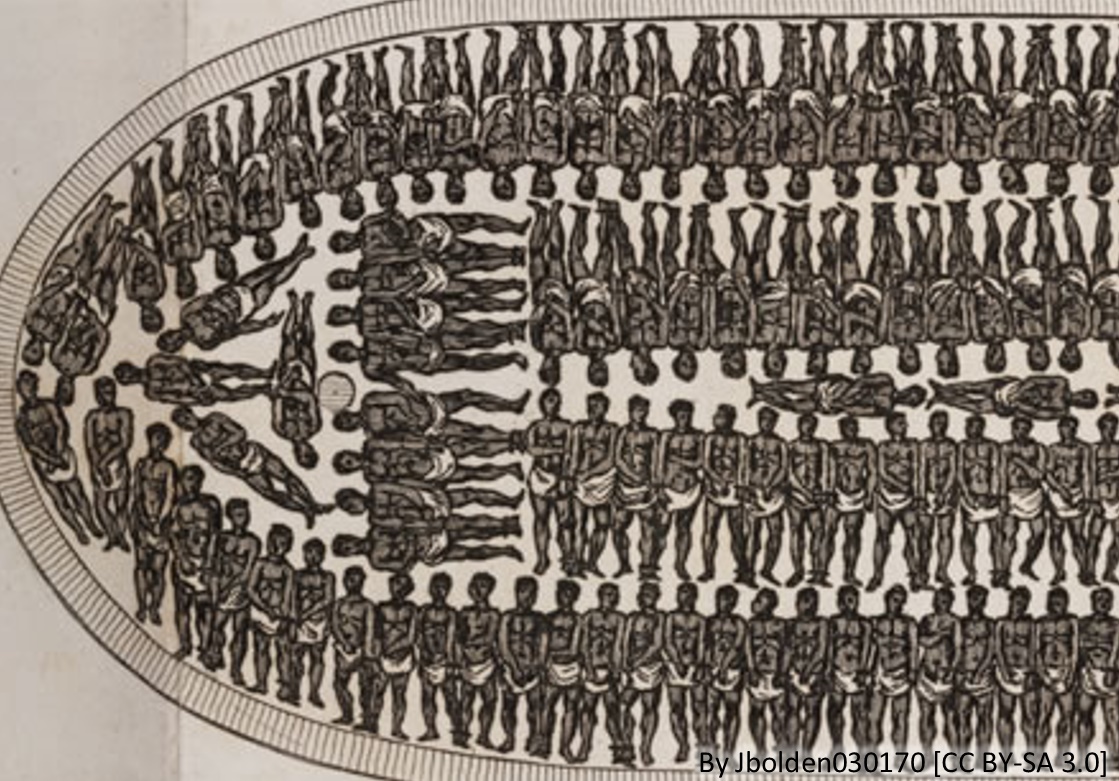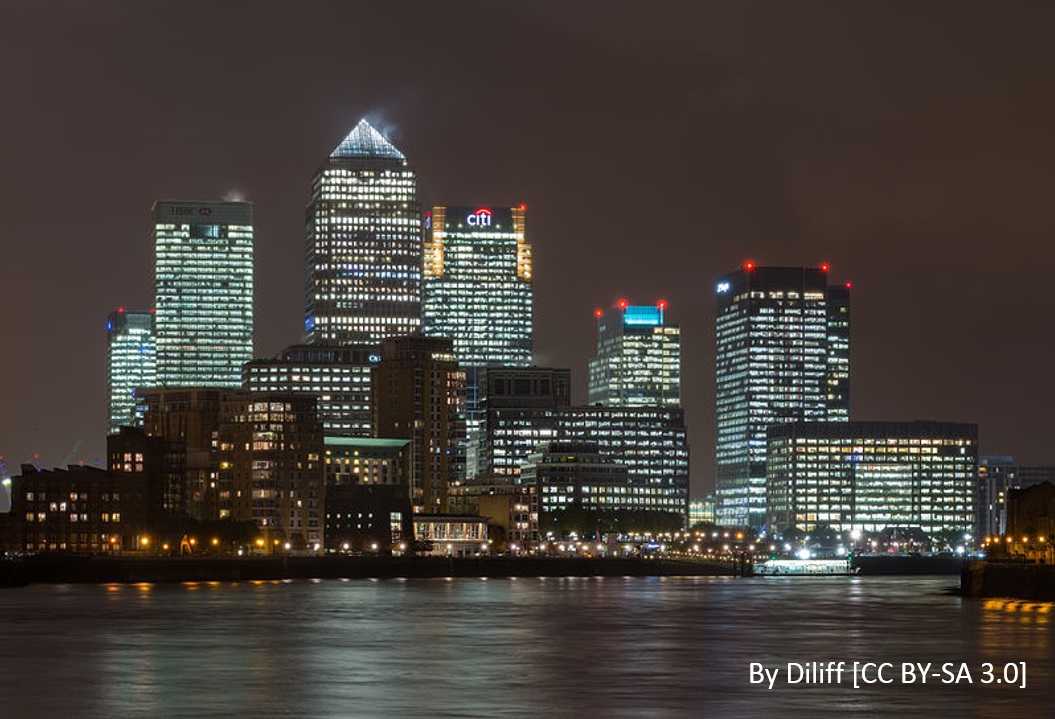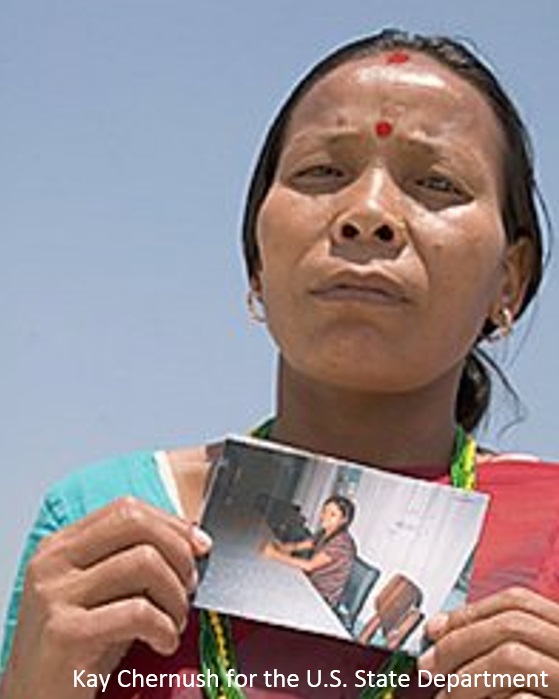On Sunday, 28th October 1787, an English politician wrote in his diary, “God Almighty has set before me two great objects, the suppression of the slave trade and the Reformation of society.” This man was William Wilberforce, who committed himself to fighting against an institution that had been integral to European economies for centuries.
Racism for profit
As Europeans colonised the “New World”, North and South America, an abundance of cheap land was available on which settlers, who may have left Europe in financial hardship, could build profitable export businesses: gold, coffee, cocoa, sugar, tobacco, rum and textiles. There were enough wealthy Europeans to afford these luxuries.
Every business has its challenge. For this one it was labour shortage. A simple, but sinister, solution presented itself. People could be ‘acquired’ by purchase and forced to provide labour, the cheaper the better for maximum profit. By the middle of the 17th century, landowners began enforcing a race-based system of inherited slavery on native Africans.
 |
| Diagram of a slave ship, showing the sheer lack of space and dehumanisation the human beings had to endure. |
People were captured and taken in horrific conditions back to the Americas for lifelong forced labour without payment or freedom. 12.5% of people would die during the journey, which could be as long as 2½ months.[1] Many would jump overboard if they could to escape their unthinkable fate. A system designed for the profit of Europe commodified humanity. Life became equal to measurable bags of sugar, tobacco or coffee. But no-one whipped or tortured bags of sugar for disobedience.
Unspeakable abuse
Today is the “International Day of Remembrance of the Victims of Slavery and the Transatlantic Slave Trade”. It’s a mouthful, but the human rights abuses of the period were so unspeakable that one day is by no means enough. The average life expectancy of a slave on a plantation was 7-9 years, unsurprising given they often were forced to work 18-hour days, with no rest days or weekends.[2] Children as young as 6 were forced to work, and were often ‘sold’ to different owners to their mothers; many mothers had no hope of ever seeing their son or daughter again.[3]
Any slight wavering from unconditional, unquestioning obedience, or ‘failure to work hard enough’ was punished with cruel metal collars that prevented them from being able to properly lie down, and terrible beatings and whippings were commonplace.[4] Male slave owners regularly and systematically raped female slaves, often in order to destroy their morale,[5] and could freely do so without fear of prosecution.[6] Laws were passed so that, if they had children, they would be ‘born into slavery’ and used as property for the economic gain of their ‘masters’,[7] while children and mothers could be separated at any time at economic whim.
 |
| “You can look across there to see the institutions that still have the benefit of the wealth they created from slavery.” After saying this this, Ken Livingstone, mayor of London, broke down in tears. |
All this staggering inhumanity was the purpose of profit. Remarkably, the perpetrators of what would now be considered grievous crimes against humanity are as human as you and me. Mainstream society in Europe, at that time, considered the slave trade a normal and unquestionably integral part of their ‘economic growth’. Wilberforce and his small cohort were the exceptions to the rule. Few spoke out.
Our economic privilege is the legacy of slavery. Our privilege was paid for by the inhumane suffering of so many, whose descendants continue to pay the price. Our society, and the capital required for us to reach the level of development we now enjoy, is founded, largely, on the lucrative profits gained from the slave trade over 2 centuries ago. On the 24th August 2007, London mayor Ken Livingstone apologised for London’s major role in the slave trade, pointing to the financial district and saying, “You can look across there to see the institutions that still have the benefit of the wealth they created from slavery.” After this, he broke down in tears.[8]
In Western nations, we thus live in a society founded on systematic human rights abuses. The aftermath of this is still felt today. The racism found in the 20th century USA, against which activists such as Martin Luther King fought, was founded in the slave trade that (supposedly) had ended more than a century previously.
Before its exploitation by Europe, Africa was on a par with Europe in terms of economic development. Slavery continued in Africa after its abolition in Europe, fuelled by the colonialism of the West. This exploitation that our very ancestors justified and pursued is a major factor underlying the poverty that persists in some parts of the continent. It is an uncomfortable reality that Westerners often consider themselves the ones who can help ‘the poor people of Africa’, while living in a society founded on institutions that caused the problems in the first place.[9]
 |
| A desperate mother, who travelled from Nepal to Mumbai to rescue her teenage daughter, trafficked and forced into prostitution. She says, “I will stay in Mumbai until I find my daughter or die. I am not leaving here without her.” |
Slavery Today – 30 million and counting
Slavery is by no means confined to the past. Today, human trafficking is immensely profitable, earning around a staggering €140 billion per year for its perpetrators. Around 30 million people worldwide are enslaved, 79% of whom are sexually exploited and at least 18% work in forced labour.[10] Western nations remain marketplaces where humanity is commodified for profit: the USA has 61,100 and the UK has 8300 people enslaved according to the Global Slavery Index.[11] Even Ireland has at least an estimated 300 people living in slavery.[12] Slavery wasn’t really abolished in 19th century.
Slavery prospered in previous centuries because mainstream society didn’t or wouldn’t challenge the acceptance of human rights abuses. That’s still true. We need to set aside our comfortable economic and social conditioning and be brave enough to speak out.
Sources:
[1] M. Meltzer, Slavery: A World History, Da Capo Press, 1993.
[2] http://abolition.e2bn.org/slavery_69.html
[3] http://abolition.e2bn.org/slavery_69.html
[4] http://abolition.e2bn.org/slavery_69.html
[5] M. Marable, How capitalism underdeveloped Black America: problems in race, political economy, and society, South End Press, 2000.
[6] D. Moon, “Slavery”, in Encyclopedia of Rape, Merril D. Smith (Ed.), Greenwood Publishing Group, 2004.
[7] P. Kolchin, American Slavery,1619-1877, New York: Hill and Wang, 1993.
[8] “Livingstone breaks down in tears at slave trade memorial”, Daily Mail, 24 August 2007.
[9] http://thinkafricapress.com/history/economics-african-slavery
[10] http://www.unodc.org/unodc/en/human-trafficking/global-report-on-trafficking-in-persons.html
